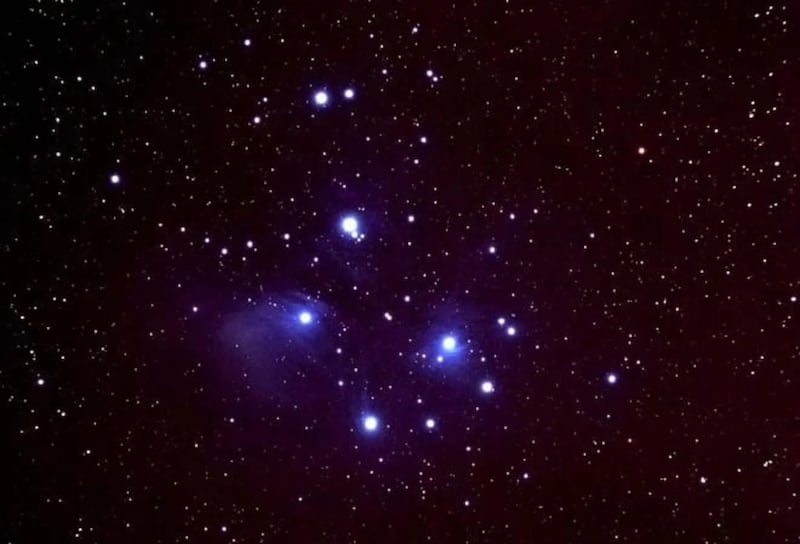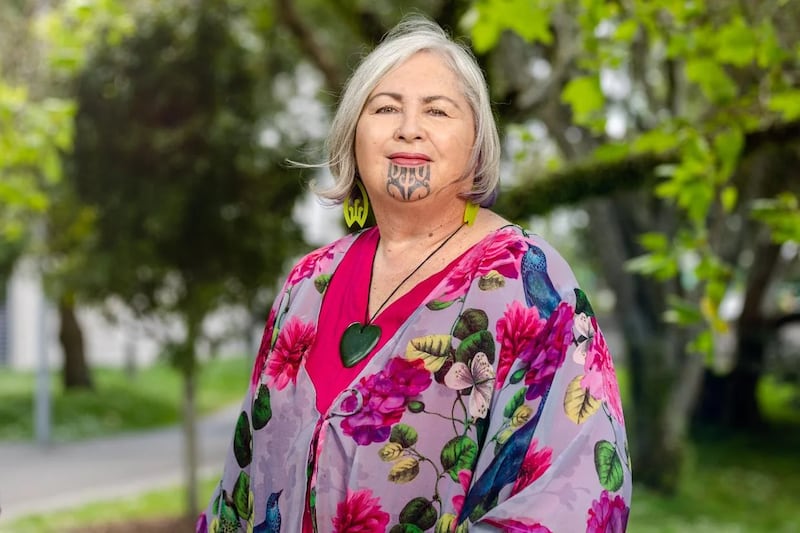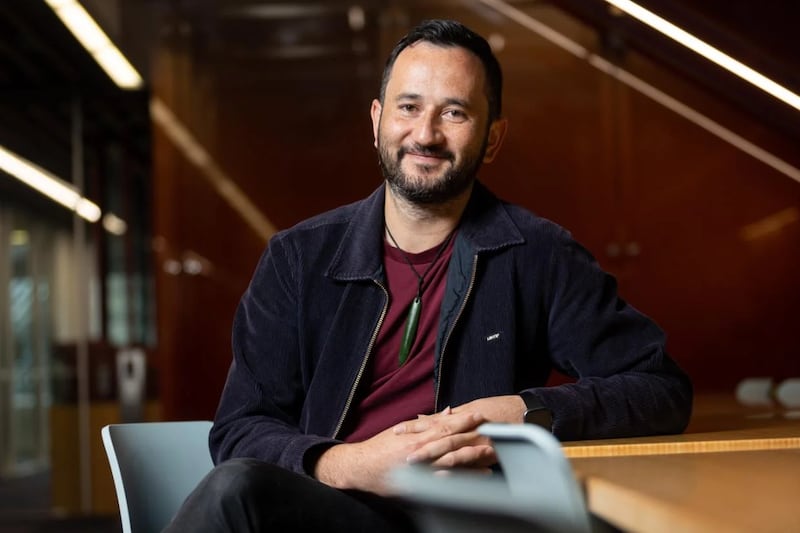This article was first published by Stuff.
Mildred Armah is a Pou Tiaki reporter based in Stuff’s Auckland newsroom.
“Be where your feet are” is a proverb I’ve thought about often.
I’ve spent most of my life chasing the next thing - so worried about my future, I’ve never taken a moment to truly reflect, acknowledge or appreciate major life events, good or bad.
But just last week, it felt like my entire world shifted on its axis. A friend of mine, died of cancer. She was 25 (a year younger than me), had been working her dream job and was on the way to regaining her independence after a difficult relationship breakup.
It was my first time losing someone and, as my physical being returned to work, I was struggling mentally. It felt like every time I wanted to take a moment to think about what had happened, my mind was quick to resort to my “business as usual”.
So as I powered through, conducting interviews on Matariki, our uniquely indigenous public holiday. I listened to people speak about remembrance, taking a moment to honour those we have lost, and it occurred to me that I could do that too - and I wasn’t alone.

While Matariki has always been a traditional Māori celebration, it wasn’t officially recognised as a public holiday until 2022.
The Matariki Advisory Group were crucial in establishing the public holiday and shaping the ways in which Matariki is celebrated. Stuff had also campaigned to support a Matariki public holiday in 2020.
Dr Tess Moeke-Maxwell, a senior researcher at the University of Auckland, said the revitalisation of Matariki had given us an “anchor and something to hold on to, where we can, as a nation, memorialise and remember our beloveds that have died… [and] acknowledge, name and process our grief in a safe way”.
That included “many Māori families who may have lost their mātauranga, their knowledge of Matariki and their participation in Matariki”, Moeke-Maxwell said.

“I know for myself, my mum died only 18 months ago, so last year was the first opportunity I had to call her name out at our iwi Ngāi Tai ki Tāmaki celebration of Matariki. We were at the beach, we had a massive bonfire [and] many whānau gathered around at about 5am waiting for Matariki to rise in the morning sky and I called out my mum’s name.”
Moeke-Maxwell recalled being “filled with immense pride”.
“I felt very uplifted. I feel quite emotional now, just thinking about it, because this opportunity has been lost to my family. We haven’t done this as a whānau.”
Remembrance is a key part of Matariki, particularly through the whetū Pōhutukawa, who is synonymous with the spirits of our loved ones who have passed on since the last time Matariki was in the skies.

“She’s the one we send our mate [our dead] to when we do our tuku wairua, which is naming, remembering, and releasing those who have passed on within the last year ,” Te Kahuratai Moko-Painting a Ngāpuhi researcher from the University of Auckland said.
This “speaks to what Māori have done in terms of tangihanga”, he said.
“We all know once you lose a loved one, that loss stays with you. So we have our different tikanga, our different protocols for remembering those who have passed away, carrying them with us throughout the year, and then bringing them to Matariki or Puanga and releasing them at this time.”
Matariki Hunga Nui is about remembering those who have passed and honouring the ways they still live on through us. This Matariki, I’ll be remembering my friend, Jess.
Who are you remembering this Matariki?
- Stuff


